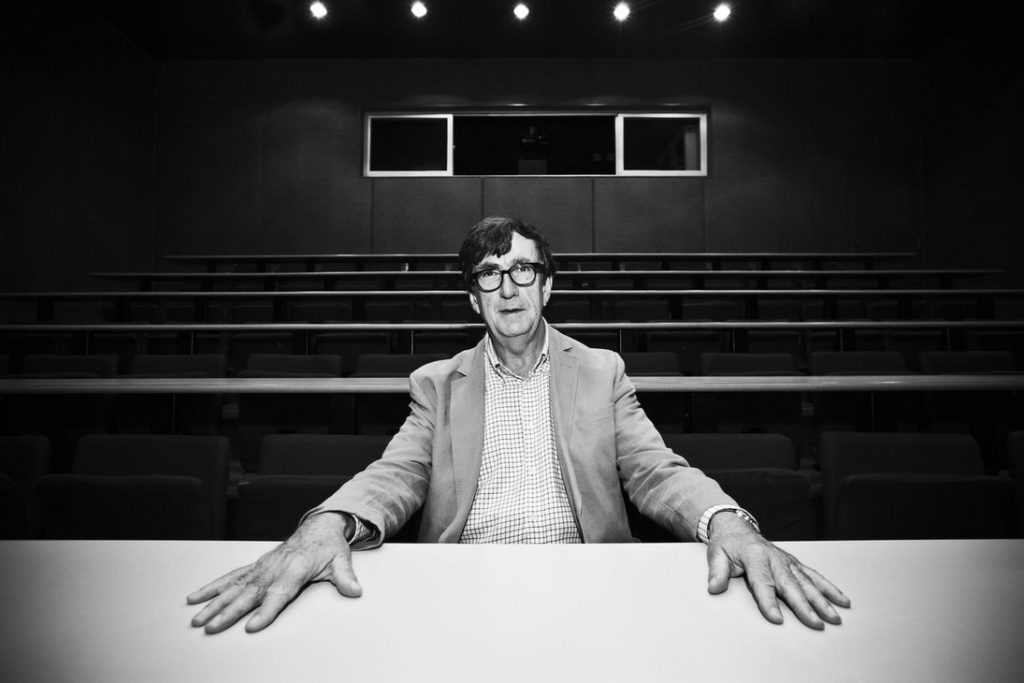
Os poderes da associação (Latour 1986)
LATOUR, Bruno. 1986. The powers of association. In: John Law (ed.). Power, action and belief: a new Sociology of Knowledge? London: Routledge & Kegan Paul, pp.264-80.
POWER RESULTS FROM ACTION
It appears that power is not something one can possess – indeed it must be treated as a consequence rather than as a cause of action. (Latour 1986:264)
PARADOXOS (ter-poder-potencial-teoria X exercer-força-ação-prática):
[W]hen an actor simply has power nothing happens and s/he is powerless; when, on the other hand, an actor exerts power it os others who perform the action. (Latour 1986:264)
[W]hen you simply have power – in potentia – nothing happens and you are powerless; when you exert power – in actu – others are performing the action and not you. (Latour 1986:264-5))
Either you have it [power] in practice and you do not have it – others have – or you simply have it in theory and you do not have it. (Latour 1986:265)
SOCIOLOGY AS THE STUDY OF METHODS OF ASSOCIATION (etnometodologia):
The sociologist should […] seek to analyse the way in which people are associated together, and should, in particular, pay attention to the material and extrasomatic resources (including inscriptions) that offer ways of linking people that may last longer than any given interaction. (Latour 1986:264)
IN POTENTIA (outros não agem) x IN ACTU (outros agem)
What makes the difference between power ‘in potentia’ and power ‘in actu’? The actions of others. (Latour 1986:265)
PODER COMO EFEITO COLETIVO ATRIBUÍDO A INDIVÍDUOS (Freud):
Power over something or someone is a composition made by many people – I will call this the ‘primary mechanism‘ – and attributed to one of them – this will be called the ‘secondary mechanism‘. (Latour 1986:265)
PODER CRESCE COM O NÚMERO DE PESSOAS MOBILIZADAS:
The amount of power exercised varies […] according […] to the number of other people who enter into the composition.(Latour 1986:265)
DORMITIVE VIRTUE:
A dictator is obeyed, we say, because ‘he has got’ power […], ‘he is powerful’ (Latour 1986:265)
PODER COMO EFEITO, RESULTADO, RESUMO:
[T]he notion of ‘power’ may be used as a convenient way to summarise the consequence of a collective action (Latour 1986:265)
WEBER:
[Power,] this pliable and empty term. (Latour 1986:266)
(1) FROM DIFFUSION (in potentia) TO TRANSLATION (in actu):
‘Power’ is aways the illusion people get when they are obeyed; thinking in terms of the diffusion model, they imagine that others behave because of the masters’ clout without ever suspecting the many different reasons others have for obeying and doing something else; more exactly, people who are ‘obeyed’ discover what their power is really made of when they start to lose it. They realise, but too late, that it was ‘made of’ the wills of all the others. (Latour 1986:268-9)
(2) FROM A PAST (a priori) TO A PRESENT-DAY (a praesenti) ORIGIN FOR SOCIETY
When we apply the translation model we simply have to understand that the origins of society are still with us today and that debates about how it all began are still shaping our behaviour here and now. If we make such a hypothesis, then all the debates about what holds society together stop being endless and fruitless; instead they themselves become one of the ways of holding society together and enrolling enough people to constitute power. (Latour 1986:270)
(3) FROM AN OSTENSIVE (a priori) TO A PERFORMATIVE (in actu) DEFINITION OF THE SOCIAL LINK:
Society is not the referent of an ostensive definition discovered by social scientists despite the ignorance of their informants. Rather it is performed through everyone’s efforts to define it. Those who are powerful are not those who ‘hold’ power in principle, but those who practically define or redefine what ‘holds’ everyone together. This shift from principle to practice allows us to treat the vague notion of power not as a cause of people’s behaviour but as the consequence of an intense activity of enrolling, convincing and enlisting. (Latour 1986:273)
(4) FROM MATTERS OF PRINCIPLE (a priori) TO PRACTICAL RESOURCES (in actu):
[P]ower is […] something that has to be made. Who will make it? Others, by definition (see Section 1 [translation model]). These others, the only ones who are really powerful (in actu), therefore have to attribute their action to one amongst them who becomes powerful in potentia. This means that a constant debate will rage about who obeys and who is obeyed (Section 2 [debates about the origins of society]). […] We may or may not be led into chaos. This depends only on the practical resources one may mobilise in order to make a definition hold over time. The whole burden of making society firm has shifted from the society itself (which has become a consequence) to the many material tasks that may enforce or reinforce the provisional bonds made by the actors. (Latour 1986:274)
DURKHEIM (social duration & durability of associations; extrasomatic):
The main point he made during this short lapse [by Durkheim] is that the durability of the definition of the clan depends upon the duration of the resouces used to make it hold together. […] To put it differently: society is not made up of social elements, but of a list that mixes up social and non-social elements. (Latour 1986:274)
(5) CONCLUSION: FROM THE STUDY OF SOCIETY (a priori, in potentia) TO THAT OF ASSOCIATIONS (a praesenti, in actu)
The argument above may be summarised in one sentence: society is not what holds us together, it is what is held together. (Latour 1986:276)
FROM SOCIETY-POWER (in potentia, a priori) TO ASSOCIATIONS-FORCES (in actu, a praesenti):
An alternative way of defining sociology is to make it the study of associations rather than of those few ties that we call social. If this new definition is accepted, another type of explanation becomes available to the analyst. He or she can use all the forces that have been mobilised in our human world to explain why it is that we are linked together and that some orders are faithfully obeyed while others are not. These forces are heterogeneous in character: they may include atoms, words, lianas or tattoos. They are also, thamselves, bound together to create machines and machinations that keep us all in place. (Latour 1986:)
THE SOCIAL GLUE IS NOT SOCIAL (science & technology)
[T]he glue strong enough to hold us together, the glue that takes the form of all the sciences and technologies. (Latour 1986:278)
THE NOTION OF POWER SHOULD BE ABANDONED
(Latour 1986:278)
TOLSTOY, E.O.WILSON, HOBBES, MARX…
(Latour 1986:278)
POWER as DEFINITION:
If all the exchanges in a society are now counted in kilocalories a quite different list of the exploited and parasites is drawn up. (Latour 1986:278 nota 6)
COMPLICATION & COMPLEXITY:
Technical development is inversely proportional to that of social skills, so that, paradoxically, we are led to consider non-human primate societies as more complex than human ones. (Latour 1986:279 nota 17)
FOUCAULT:
This is in effect the same result as that obtained by Michel Foucault (1977) when he dissolved the notion of a power held by the powerful in favour of micro-powers diffused through the many technologies to discipline and keep in line. It is simply an expansion of foucault’s notion to the many techniques employed in machines and the hard sciences. (Latour 1986:279 nota 18)

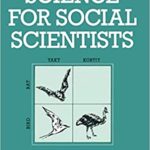
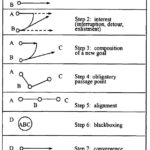
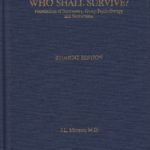
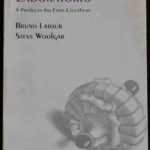
 LaSPA is located at the Institute of Philosophy and Human Sciences (
LaSPA is located at the Institute of Philosophy and Human Sciences (